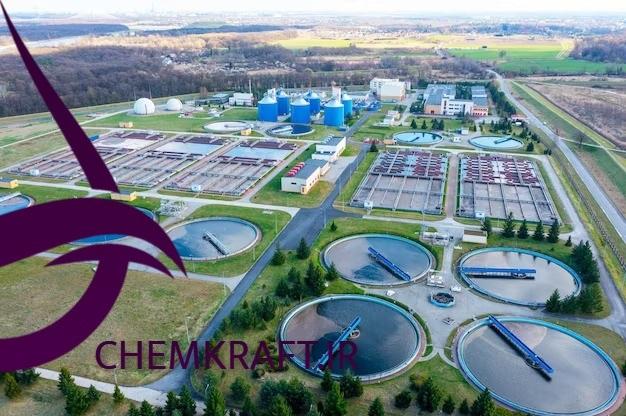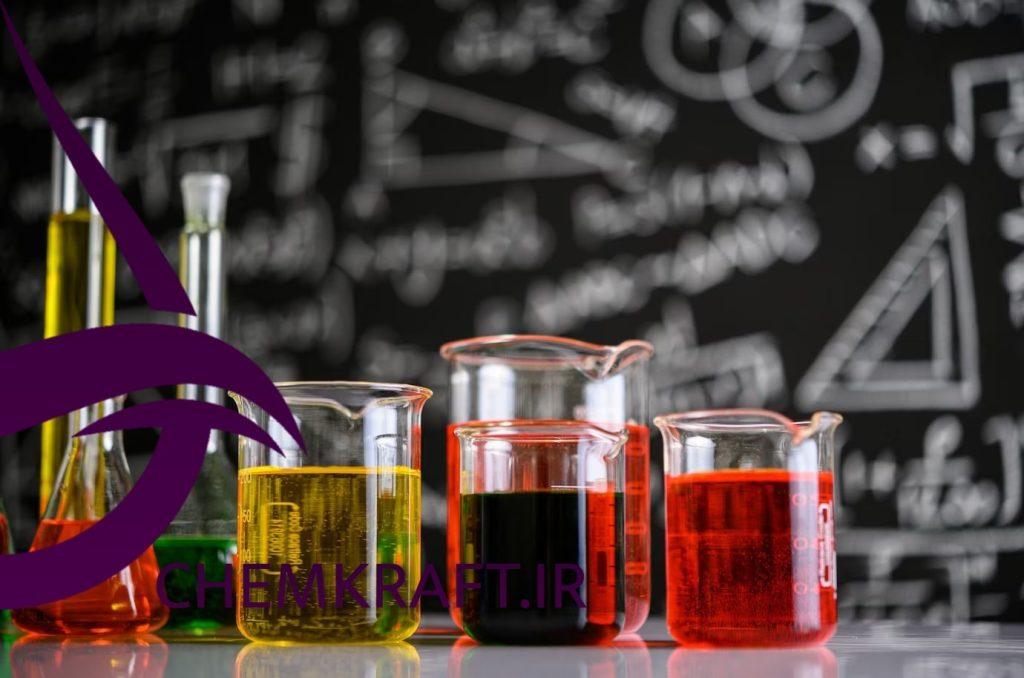
Main wastewater treatment chemicals play a crucial role in the removal of impurities and toxins from wastewater, ensuring its safe disposal or reuse. These chemicals are added during the treatment process to enhance the efficiency of various treatment methods. The effectiveness of these chemicals is dependent on factors such as the nature and concentration of contaminants, as well as the desired end result of the treatment process.

Coagulants
One of the primary chemicals used in wastewater treatment is coagulants. Coagulants aid in the removal of suspended solids and colloidal particles from the water. Commonly used coagulants include aluminum sulfate (alum), ferric chloride, and polyaluminum chloride (PAC). These chemicals work by neutralizing the electrical charge on particles and forming larger particles that can settle easily.
Flocculants
To assist the coagulation process, flocculants are also added to wastewater. Flocculants promote the aggregation of fine particles into larger clumps, aiding their removal from the water. Polymers such as polyacrylamide are widely used as flocculants in wastewater treatment due to their high efficiency and cost-effectiveness.
Activated carbon
For the removal of dissolved organic compounds, primarily natural organic matter (NOM), activated carbon is commonly employed. Activated carbon has a large surface area, which enables it to absorb pollutants through a process called adsorption. It is particularly effective in removing organic contaminants, such as pesticides, pharmaceuticals, and certain industrial chemicals, from wastewater.
Disinfectants
Another important group of chemicals used in wastewater treatment is disinfectants. Disinfectants are added to kill or inactivate pathogenic microorganisms present in the water. The most commonly used disinfectants are chlorine-based compounds, such as sodium hypochlorite and chlorine gas. Chlorine is highly effective against bacteria and viruses, but it can react with organic matter in water to form disinfection byproducts, some of which may be harmful to human health. Therefore, alternative disinfection methods, such as ultraviolet (UV) radiation and ozonation, are also being increasingly utilized.
See also Olıvıne sand applıcatıons and ıts ımportance ın the ındustrıes
pH modifiers
pH adjustment is another crucial aspect of wastewater treatment, and it is achieved using chemicals called pH modifiers or buffers. These chemicals are added to adjust the pH to the optimum range for different treatment processes. For instance, lime (calcium hydroxide) or soda ash (sodium carbonate) may be added to raise the pH, while sulfuric acid or hydrochloric acid may be added to lower it. Proper pH adjustment ensures the effectiveness of coagulation/flocculation, disinfection, and other treatment processes.
Precipitants
Furthermore, phosphorus is a common pollutant in wastewater, and its removal is necessary to prevent eutrophication in natural water bodies. Phosphorus can be removed using chemicals called precipitants, which react with dissolved phosphorus to form insoluble compounds that can be removed by sedimentation or filtration. Aluminum salts, such as aluminum chloride or aluminum sulfate, are typically used as precipitants.
Anti-foaming
Finally, corrosion inhibitors and anti-foaming agents are sometimes added to wastewater to prevent damage to equipment and to control foam formation during treatment processes. Corrosion inhibitors can reduce the corrosive properties of wastewater and protect infrastructure, while anti-foaming agents prevent excessive foaming, which can interfere with treatment efficiency and require additional time and resources for removal.
In conclusion, main wastewater treatment chemicals play a vital role in the effective purification of wastewater. Coagulants, flocculants, activated carbon, disinfectants, pH modifiers, precipitants, corrosion inhibitors, and anti-foaming agents are all essential for different treatment processes. These chemicals aid in the removal of various contaminants, ensuring the safe disposal or reuse of wastewater while minimizing the negative environmental impacts. Ongoing research and advancements in chemical treatment will continue to enhance the efficiency and sustainability of wastewater treatment processes.
Hossein Moshiri
WA +989124311007
Source: https://chemkraft.ir/en/wastewater-treatment-chemicals/
